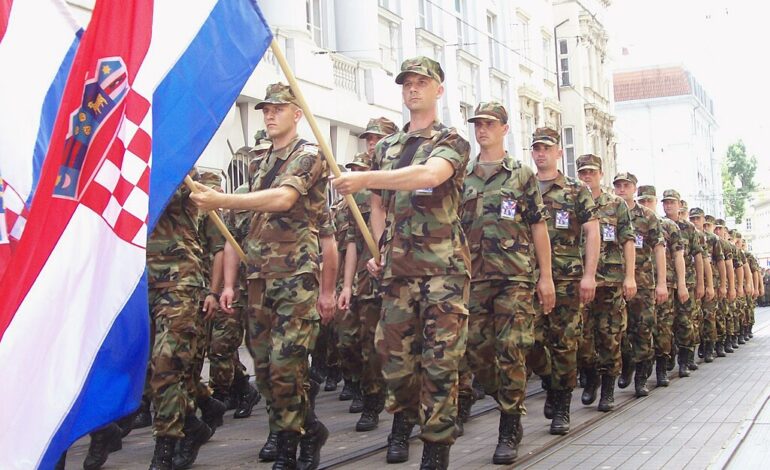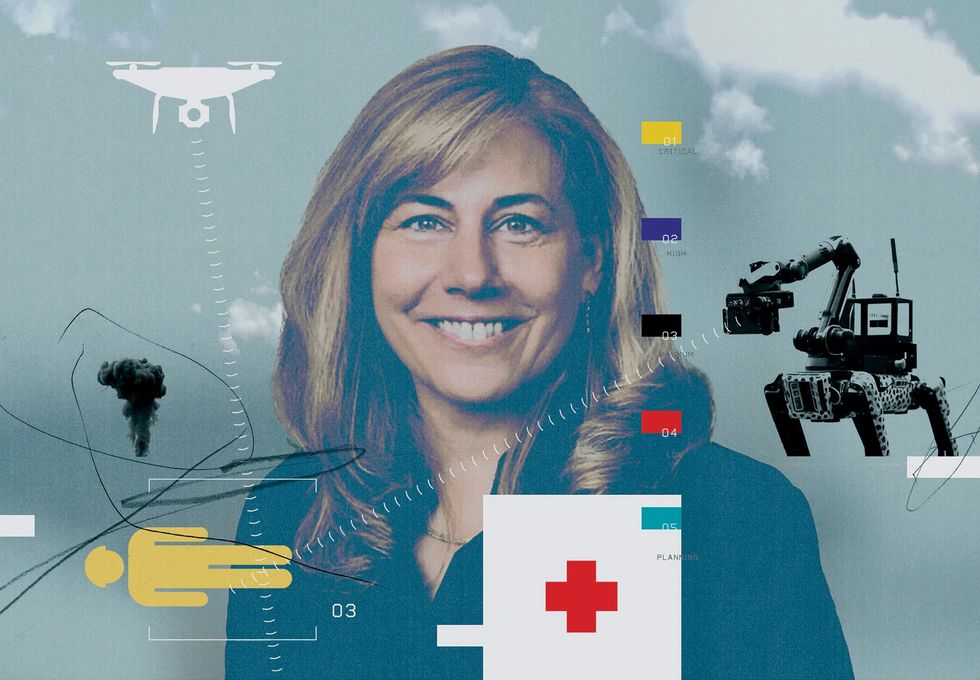Croatia Restores Mandatory Military Service Amid Regional Tensions

The Republic of Croatia has reintroduced compulsory military service, a significant shift in national defense policy driven by concerns over the ongoing Russia-Ukraine conflict and regional instability. On Friday, the Croatian Parliament, known as the Sabor, voted overwhelmingly in favor of the changes to the Defense Act and the Armed Forces Service Act, with a decisive vote count of 84 in favor and 11 against.
This legislation mandates a two-month period of basic military training for young citizens, aimed at equipping them with essential crisis-response skills. Under the new framework, individuals born in 2007 will be required to undergo medical examinations by the end of this year, as the country prepares to implement its revitalized conscription system.
Ivan Anušić, Croatia’s Defense Minister, announced that the first group of conscripts is scheduled to begin training in January 2026. The government’s target is to enlist approximately 4,000 recruits annually. Anušić emphasized that the training program will focus on modern warfare techniques, incorporating vital areas such as cybersecurity, first aid, drone operation, and advanced survival skills.
For those who object to military service on religious or moral grounds, the law allows for an alternative service option. These individuals may fulfill a commitment as civil servants for a duration of three to four months, providing flexibility in addressing personal beliefs.
Strengthening Defense Capabilities
The reintroduction of compulsory military service marks a notable departure from Croatia’s previous policy, which suspended conscription in 2008. The recent changes reflect a response to the deteriorating security landscape in the Balkans, particularly concerning relations with neighboring Serbia. In light of these developments, Croatia has sought to bolster its armed forces and enhance military partnerships.
Earlier in 2025, Croatia entered into a trilateral military agreement with Albania and Kosovo, a move that has drawn considerable criticism from Serbia. According to the Defense Ministers of the three participating nations, the agreement aims to enhance regional security through joint training, interoperability, and the mitigation of hybrid threats, including cybersecurity attacks and disinformation campaigns.
Anušić further noted Croatia’s ambition to become a leader in European drone production, highlighting that domestic manufacturers are already producing thousands of first-person view (FPV) drones utilizing exclusively Croatian technology. This focus on technological advancement underscores Croatia’s commitment to modernizing its defense capabilities in an increasingly complex geopolitical environment.
As the situation in the Balkans continues to evolve, Croatia’s decision to reinstate mandatory military service signals a proactive approach to safeguarding national security and contributing to regional stability.






